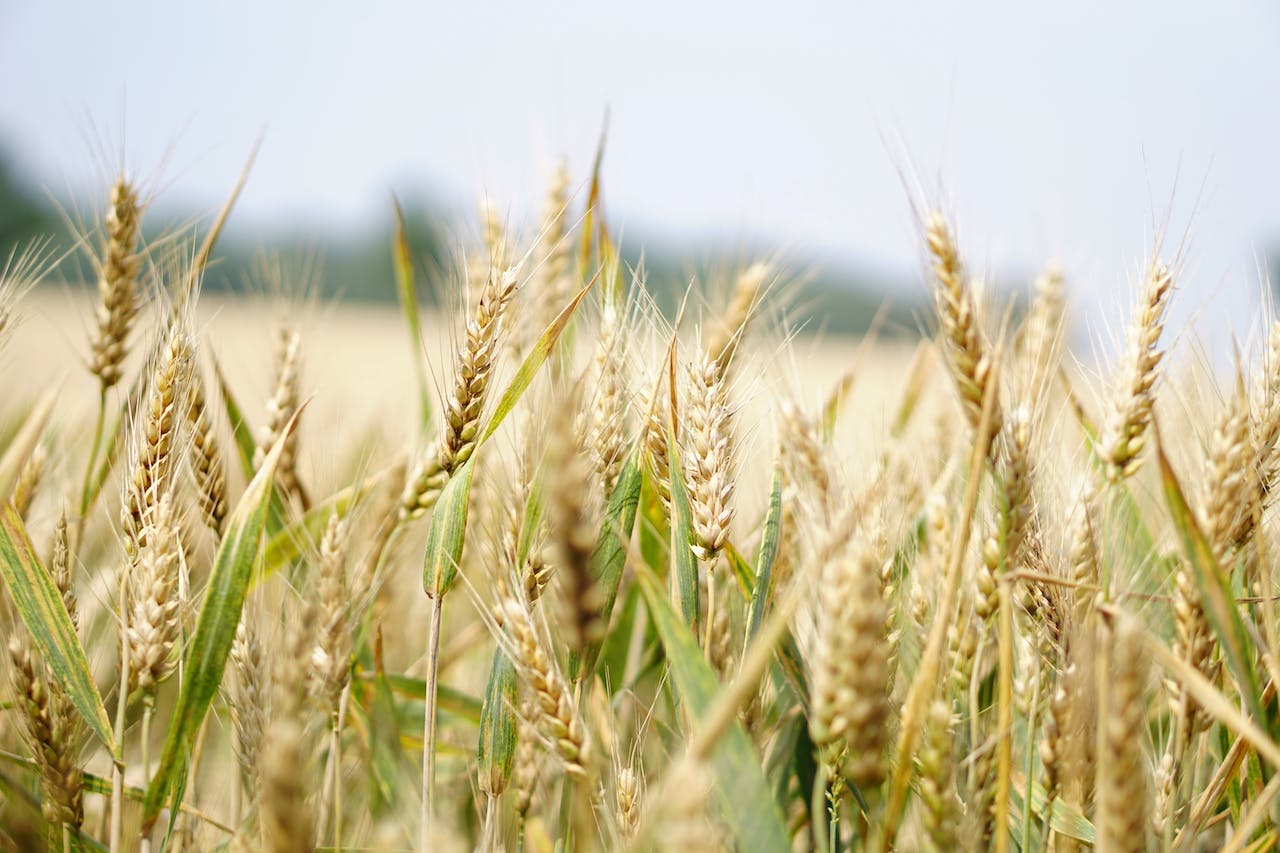Navigating the Future of Agriculture through E-Commerce Platforms
The agricultural sector, deeply rooted in tradition, is undergoing a revolutionary transformation with the advent of technology. E-commerce platforms dedicated to agricultural products are emerging as key players in this transformation, reshaping the way farmers cultivate, market, and sell their produce. This article explores the dynamic landscape of agricultural e-commerce, examining its impact on farmers, consumers, and the entire agricultural supply chain. As we navigate the future of agriculture, these platforms serve as compasses, guiding us towards a more efficient, sustainable, and interconnected industry.
The Evolution of Agricultural E-Commerce:
Historically, agriculture has been synonymous with physical marketplaces, where farmers bring their produce for sale. The introduction of e-commerce in agriculture marks a paradigm shift, allowing farmers to transcend geographical boundaries and connect with a broader consumer base. These platforms act as virtual marketplaces, providing farmers with unprecedented access to buyers, streamlined logistics, and real-time market information.
Empowering Farmers:
One of the primary benefits of agricultural e-commerce platforms is the empowerment of farmers, especially small-scale and local producers. By eliminating intermediaries, farmers can showcase their products directly to consumers, ensuring fair pricing and increasing their profit margins. This direct-to-consumer model not only financially benefits farmers but also establishes a closer connection between producers and consumers.
Market Access and Diversification:
E-commerce platforms open doors to national and international markets for farmers who were previously confined to local trade. This expanded market access enables diversification of crops based on demand trends, reducing the risk associated with relying on a single crop. Farmers can now explore niche markets, organic produce, or unique regional specialties, fostering agricultural diversity and resilience.
The Consumer Perspective:
For consumers, agricultural e-commerce platforms offer convenience, transparency, and the ability to make informed choices. The modern consumer is increasingly conscious of the origin and quality of the products they consume. E-commerce platforms provide a platform for farmers to showcase the story behind their produce, creating a direct link between the farm and the consumer's table.
Convenience and Choice:
Consumers can now browse through a diverse range of agricultural products, compare prices, and read about the farming practices before making a purchase. This convenience is particularly significant in urban areas, where access to fresh, locally sourced produce might be limited. E-commerce platforms bridge the gap, bringing farm-fresh products to the doorsteps of consumers, promoting healthier lifestyles and supporting sustainable agriculture.
Transparency and Traceability:
One of the notable features of agricultural e-commerce is the transparency it brings to the supply chain. Consumers can trace the journey of their food from the farm to their plate, ensuring authenticity and ethical production practices. This increased transparency fosters trust between farmers and consumers, creating a sense of accountability in the agricultural sector.
Challenges and Opportunities:
While the rise of agriculture e-commerce presents numerous advantages, it also comes with its set of challenges. The digital divide, infrastructure limitations in rural areas, and the need for robust cybersecurity measures are hurdles that must be addressed. However, these challenges present opportunities for technological innovations and collaborations between governments, private enterprises, and farmers' cooperatives.
Digital Inclusion and Education:
To fully harness the potential of agricultural e-commerce, efforts must be made to bridge the digital divide. Providing training and resources to farmers, especially in remote areas, is essential for them to leverage these platforms effectively. Government initiatives and partnerships with NGOs can play a crucial role in ensuring digital inclusion and education for all farmers.
Sustainable Practices and Innovation:
E-commerce platforms provide an avenue for promoting and incentivizing sustainable agricultural practices. Farmers adopting eco-friendly methods can highlight their efforts on these platforms, attracting environmentally conscious consumers. Additionally, technological innovations, such as blockchain for supply chain traceability and AI for crop management, can further enhance sustainability in agriculture.
The Future of Agricultural E-Commerce:
As we navigate the future of agriculture through e-commerce platforms, the trajectory points towards a more interconnected, data-driven, and sustainable industry. The ongoing digital revolution will continue to shape how farmers produce, market, and sell their products. Here are key aspects that will define the future landscape of agricultural e-commerce.
Integration of Emerging Technologies:
The integration of emerging technologies such as artificial intelligence, Internet of Things (IoT), and blockchain will play a pivotal role in enhancing the efficiency and transparency of agricultural e-commerce. Smart farming techniques, predictive analytics for crop management, and secure traceability through blockchain will become standard practices, revolutionizing the way agricultural products are cultivated and distributed.
Collaborative Ecosystems:
Collaboration will be at the forefront of the future of agricultural e-commerce. Ecosystems that bring together farmers, technology providers, logistics companies, and consumers will thrive. Collaborative models can streamline the entire supply chain, reduce wastage, and ensure a fair distribution of profits among stakeholders. Governments, private enterprises, and non-profit organizations will need to work together to create an enabling environment for such ecosystems to flourish.
Sustainability as a Core Value:
Sustainability will emerge as a core value in agricultural e-commerce. Consumers are increasingly conscious of the environmental impact of their choices, and e-commerce platforms that prioritize sustainability will gain a competitive edge. From eco-friendly packaging to promoting regenerative agriculture practices, platforms that align with sustainable values will resonate with a growing segment of environmentally aware consumers.
Conclusion:
In conclusion, as we navigate the future of agriculture through e-commerce platforms, it is evident that these digital marketplaces are catalysts for positive change in the agricultural sector. Empowering farmers, providing consumers with choices, enhancing transparency, and driving sustainability, agricultural e-commerce is reshaping the industry's dynamics. The challenges ahead are opportunities for innovation and collaboration, and the continued evolution of these platforms holds the promise of a more resilient, efficient, and interconnected agricultural ecosystem. The journey has just begun, and as technology continues to advance, so does the potential to transform agriculture for the better.



Comments
Post a Comment